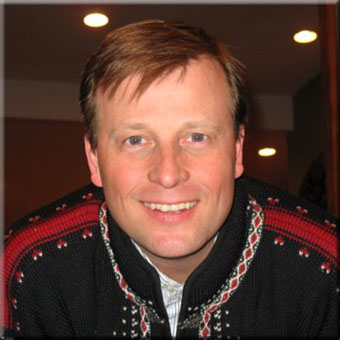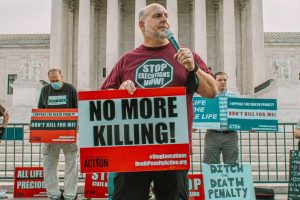When he was at the University of St. Thomas in the early 1990s, Stephen Bauer combined his entrepreneurship major with a justice and peace studies minor, which confounded more than a few of his classmates.
"People saw these two fields as completely separate," he says. "But it seemed to me very natural to put them together."
He's now a coffee trader and co-managing director of Paragon Coffee in White Plains, New York, a wholesale buyer and seller of coffee beans that handles millions of pounds of coffee each year. Paragon doesn't deal only in fair-trade certified coffee. "It's not the most profitable way to go," Bauer says. But he recognizes certain non-monetary benefits to Paragon's business strategy.
"There's fair trade, but there's also fairer trade and improved trade," he says.
Even if coffee isn't certified, there are still opportunities to improve the producers' circumstances while doing business. Plus, Bauer is able to introduce customers who may never have been interested in the social or environmental impact of coffee to a better option.
A couple of years ago, for example, Bauer brokered a deal with a company that hadn't previously bought certified coffee to buy 10 million pounds of it, thereby improving the working conditions, environment, and income of thousands of people who helped fulfill the order.
"The customer is looking for guidance about what to buy," Bauer says, "and what I choose to offer customers is up to my discretion. I know who I buy from and how they procure their coffee, and I know who the better shippers are-not just on the business side of things, but who makes an extra effort to develop communities."
Related:
Will work for peace: Peace studies programs at Catholic universities
Will work for peace by volunteering
Will work for peace with advocacy
Will work for peace in everyday life
This article appeared in the March 2010 issue of U.S. Catholic (Vol. 75, No. 3, pages 12-17).















Add comment